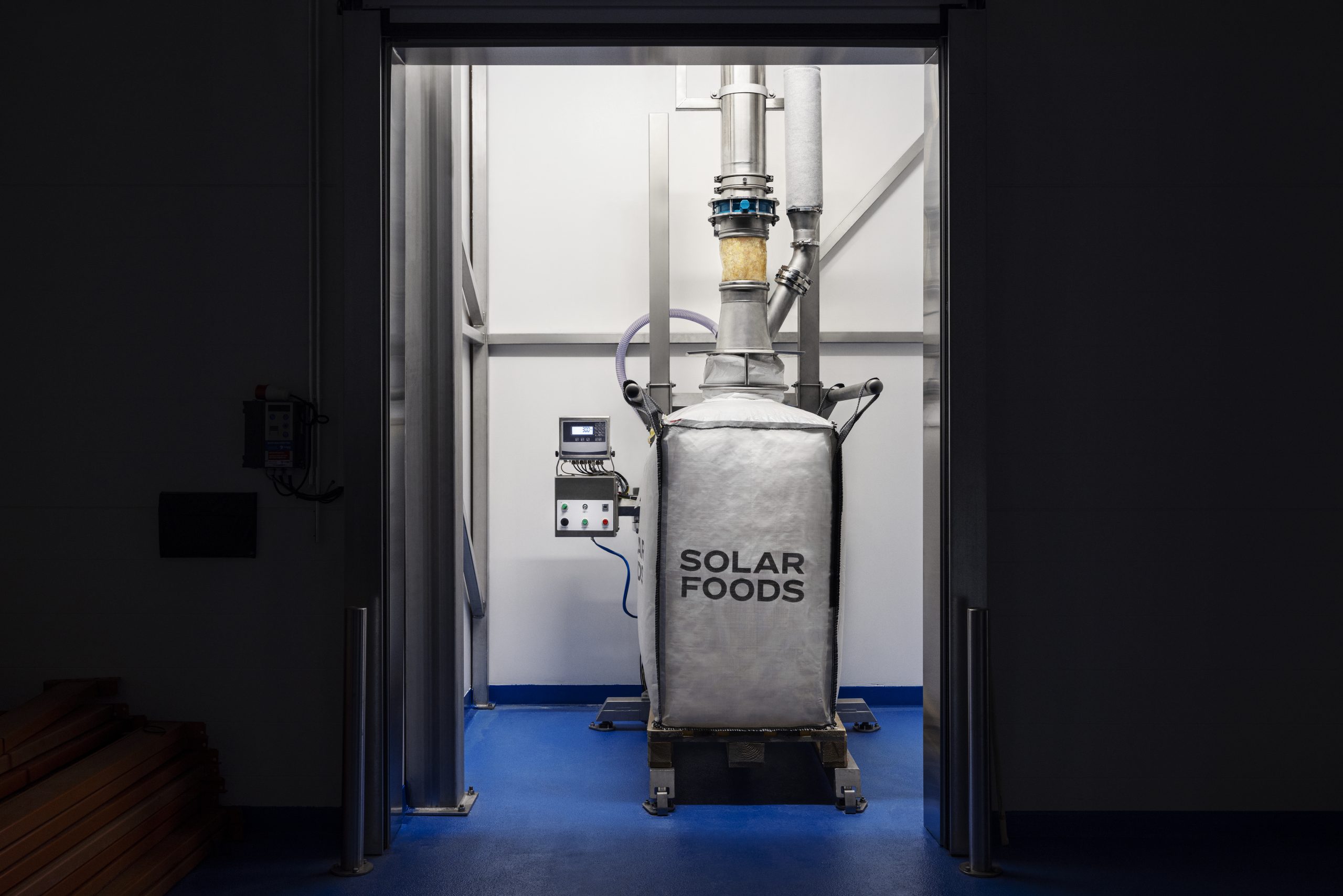Wondering if you can make a difference? Read on.
Turk Pipkin | September 2010 issue

With bad news all around, it’s hard to be optimistic about the world our kids will know. The problems are too big, we tell ourselves. What can I do? I’ve been asked that question again and again since my wife and I founded The Nobelity Project, an educational nonprofit that works for a better way ahead. My answer: Make a huge and lasting difference in the world. And those changes may come in ways you never anticipated.
The goal of our film One Peace at a Time is to inspire people to pick an issue and take action. Those are big expectations for a little film, even bigger to expect viewers to donate funds for a library, a classroom or perhaps a water well in a distant country. But that’s what has happened. With support generated by our films, The Nobelity Project has built wells in Ethiopia, has supported sustainable agriculture in the Amazon and is building a high school in Kenya that will serve as a model for rural Africa.
The conclusion of One Peace at a Time takes place in Kenya at an elementary school that’s been on a good run since my first visit five years ago. Wangari Maathai had recently received the Nobel Peace Prize. She stood up for the women of Kenya when they had no voice. Maathai was beaten and jailed for daring to empower poor women, and she founded the Green Belt Movement, which has planted more than 30 million trees across Kenya. None of this would have been possible without one small act by her older brother, who had told his parents that Maathai was smart and that they should send her to high school. In a country where few girls attend high school, her family made a decision that would eventually improve the lives of countless women around the world. “We must do our best to give an opportunity to all our children,” Maathai told me, “because we don’t know which ones will be the best endowed.”
While filming in the Aberdare National Forest, I told my guide that I wanted to plant trees with the students at a school. So Joseph Mutongu took me to St. Joseph Mahiga Primary School, where I found hundreds of kids jammed into classrooms with no electricity, mud floors and cold wind and rain coming through the slatted walls. The school had no water system, and the kids were walking an hour or more for water from an open, dirty stream.
I promised that day that I’d find a way to build a water system for the school. Three years later, I returned to Mahiga with Mutongu to celebrate what The Nobelity Project had done to help bring clean water, electricity, new classrooms and a computer lab to the school. In just three years, this primary school had gone from failing to the No. 1 school in the district. This was a great triumph. But was it enough?
With no high school in the area, we are now working to build Mahiga Hope High School—and we are working hard to build it in one year. Our Rainwater Court is a basketball court that serves as a rainwater collection system, an outdoor classroom and a community meeting space. Classrooms, libraries and science labs are going up. This work has been supported by donations from $20 to $20,000, that have come from all across America. This is not about politics; it’s about knowing you’ve done something real.
We believe this school will provide opportunity for the kids of Mahiga. None of this would have happened if I hadn’t met Joseph Mutongu who, like Wangari Maathai, was the beneficiary of a family who took an opportunity to do something good. I recently bumped into Harry Hook, a filmmaker and friend from London, and told him we were building a high school in Kenya. I didn’t know he had been raised in Kenya, and couldn’t have dreamed that his family had once employed Joseph Mutongu’s parents. Talk about a small world? Hook’s mother had chosen to send Mutongu to attend high school.
Her commitment to his future—and Mutongu’s hard work—resulted in Mutongu studying in England, working as a naturalist for Aberdare National Park and dedicating himself to his hometown school. What we’ve achieved at the Mahiga schools stems from one boy receiving an education, so imagine the results of a high school education for hundreds of hard-working kids.
When people say, “What can I do?” the answers are easy. Build a school. Make a loan. Buy a textbook. Drill a well. Reach out to the world and make new friends in faraway places. As it turns out, what they need is exactly what we need: each other.
Turk Pipkin is co-founder of The Nobelity Project.











